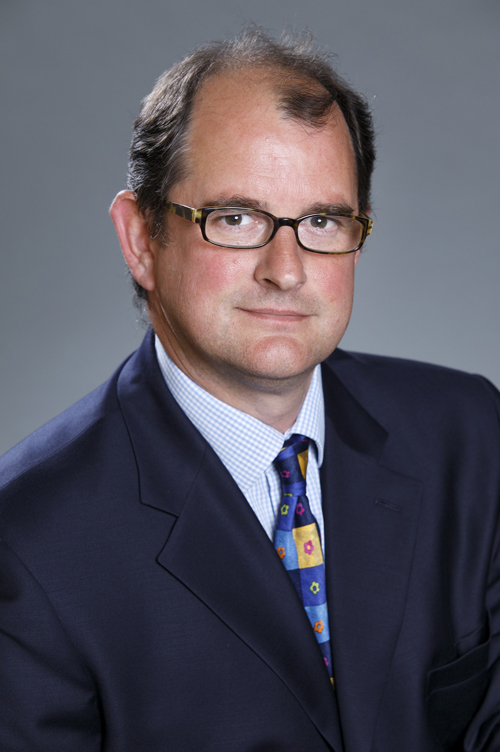Blog
BLOG: A little plan can go along way

Tom Stevenson on how getting organised in the current climate can help you reach your savings goals.
We all know we should be setting money aside but that can be tough in the current climate. That’s why it is now more important than ever to have a plan in place and get organised when it comes to ISA saving.
I’ve put together three tips to help you on your way.
1) Set your financial goals
Everybody knows that they should be saving but when there are many pressures on budgets putting aside that extra £50 a month rather than buying that new dress or having that takeaway can seem like a chore.
If however you can picture what you are saving for; your wedding, a new house, school fees, a car then it is much easier to find the motivation to put money aside and budget accordingly. Budgeting tools can show you the steps that are needed take to work towards this.
2) Protect your savings from the tax man
When putting money away to achieve your goals it is important that you keep as much of it as you can and protect it from the tax man. Investments may produce an income and increase in value.
The profit you make from any capital growth is generally subject to capital gains tax if it exceeds your annual tax-free allowance (£11,280 for tax year 2012/13). If these investments are inside an ISA, a tax efficient wrapper, there is no tax on any of the income you receive and in addition, you pay no tax on capital gains arising from your ISA investments. An ISA allows you to save and invest your money without being taxed on the returns from your investment.
3) Every little helps so don’t put it off!
Compounding is a remarkably powerful force and the foundation of investment success. An understanding of the magic of compounding should underpin everyone’s long term saving plans – and the younger people can grasp its phenomenal power the better.
Compounding is a very simple concept. Increase a sum of money by the same percentage each year and the monetary value of each annual increase becomes progressively greater. If, for example, you start with £1,000 and grow your money by 10% a year, the first’s year’s increase will amount to £100. The following year, however, the same 10% rise will be worth £110 because the starting capital is greater. The most important aspect of compounding is, however, time. Continue these annual increases at 10% a year for 20 years and the 10% increase in the final year will amount to £600 – six times the first year’s increase.
Tom Stevenson is investment director at Fidelity Worldwide Investment